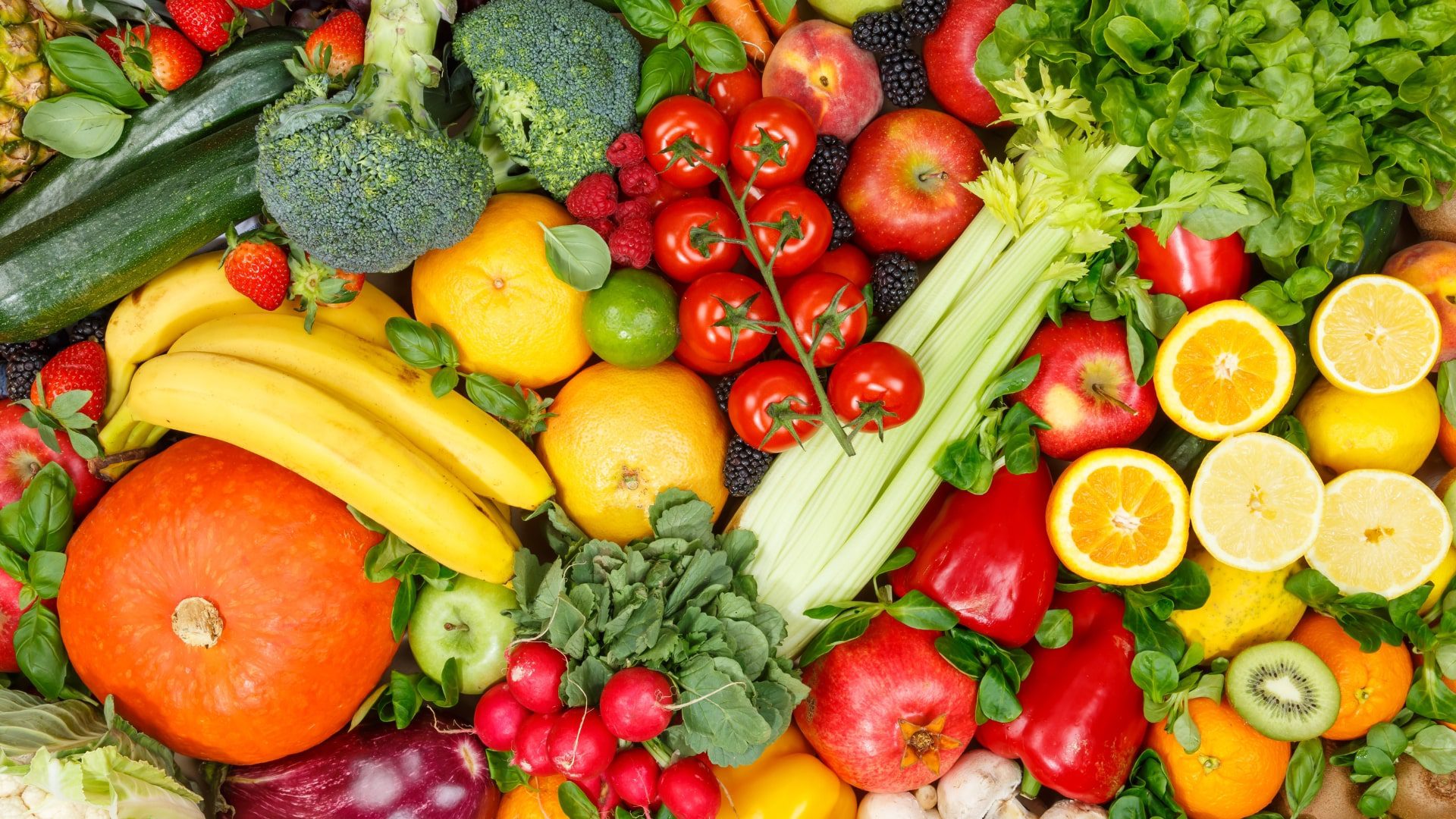
Table of Contents
Why Seasonal Winter Vegetables Should Be Part of Your Diet
Seasonal vegetables available in winter are fresh, nutrient-rich, and naturally designed to support the body’s needs in colder weather. They help boost immunity, improve digestion, enhance skin health, and keep energy levels stable. Eating produce that grows in season also supports local farmers and is more affordable and flavorful.
Rich in Immunity-Boosting Nutrients
Winter vegetables such as carrots, spinach, cauliflower, radish, beetroot, and green peas are packed with essential vitamins like Vitamin A, C, and K, along with antioxidants. These nutrients strengthen your immune system, help the body fight infections, and reduce the risk of seasonal illnesses such as colds and flu.
Better Digestion & Gut Health
Many winter vegetables contain high amounts of dietary fiber, which helps regulate bowel movements and improve digestion. Vegetables like radish, sweet potato, turnip, and leafy greens support healthy gut bacteria and prevent issues like constipation, bloating, and acidity — which are common during cold weather.
Improves Skin Health and Hydration
Cold weather often leads to dry and dull skin due to low moisture levels. Winter vegetables like tomatoes, beetroot, and carrots provide natural hydration and antioxidants that promote glowing skin. Vitamin C-rich vegetables also help in collagen production, keeping skin firm, smooth, and youthful.
Supports Weight Management
Seasonal vegetables are naturally low in calories and high in fiber, helping you feel full longer and control cravings. Options like cabbage, cauliflower, and spinach make excellent choices for healthy winter meals, aiding in weight loss and metabolism regulation without compromising nutrition.
Naturally Warms the Body
Vegetables like ginger, garlic, sweet potatoes, and fenugreek (methi) have natural warming properties. They help maintain body temperature, improve blood circulation, and provide energy, making them perfect for winter cooking and traditional recipes.
Eco-Friendly and Economical
Seasonal vegetables are grown naturally without artificial preservation, making them more sustainable for the environment. They are easier to find in local markets and are more affordable than off-season produce, which is usually stored or imported.
Examples of Healthy Seasonal Winter Vegetables
Carrots, spinach, fenugreek (methi), mustard greens (sarson), cauliflower, cabbage, radish, turnip, beetroot, sweet potato, green peas, broccoli, tomatoes, pumpkin.
These vegetables can be enjoyed in soups, salads, curries, roasted dishes, juices, or steamed meals.
Adding seasonal winter vegetables to your daily diet is one of the simplest ways to improve overall health during the colder months. Fresh, nutritious, and naturally beneficial, they help boost immunity, aid digestion, support skin health, and maintain energy levels. Choosing seasonal produce means choosing better health, better taste, and better value.


